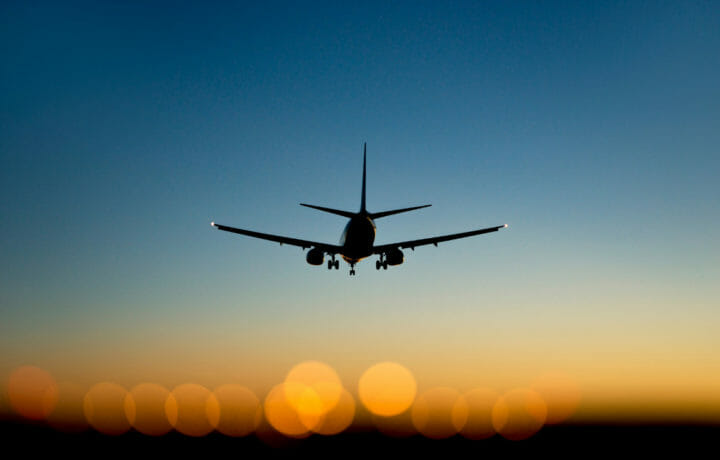As recently reported in the news, the air travel woes that peaked last fall have recovered somewhat but the industry is still in dire straits.
5 Factors Impacting Air Travel
There are still five factors that are snarling air travel today. And when these five factors come together, it not only creates chaos on the ground, but in the air too as we have seen with the increase of disruptive behavior on flights that have been reported.
1. Staff Reductions
Airlines reduced the number of employees during the pandemic, and they have been struggling ever since trying to hire back enough people to at least get back to pre-pandemic staffing levels. Most of the people laid off have moved on and found work in other industries.
2. Pilot Shortage
Here too, many of the airlines laid-off pilots during the pandemic, but unlike other airline staff positions, pilots are not created overnight. Pilots wanting to fly commercial airlines start off as student pilots in most cases. After meeting the requirements at that level, they are advanced to the private pilot level. After that, more training and flying hours are needed to get commercial pilot rated. The airlines gain some pilots that are coming out of the military – namely Navy, Marines and Air Force – but not enough to fill the shortages.
The FAA didn’t help matters any when in 2013 they raised the minimum requirements for the commercial pilot rating from 250 hours to 1,500 hours. Not only did this add the amount of time to accumulate the needed hours, but it also added a lot of expense to gain those hours.
3. Bad Weather
The weather of course has been a factor that has canceled or delayed flights. And with the extreme weather phenomenon in 2023, it is a factor that can’t be controlled, but one that creates a lot of havoc in the air travel industry.
4. Air Traffic Controller Shortage
Even though the skies are more crowded today than they were a decade ago, we have 10% fewer air traffic controllers that work in the control towers. It is a high-stress job that fewer people are willing to get into. In a recent audit by the Department of Transportation of the Inspector General, it found that 77% of the control towers in the U.S. are staffed below the FAA’s threshold of 85%.
5. Increased Travel Demand
If you have traveled by air recently, you have seen first-hand that the planes are packed with people. It is back to pre-pandemic levels and higher. The increase for air travel is climbing faster than the airlines can adapt to the increased demand.
The AIRWAYS Act
Congress has stepped in and is trying to help remedy the situation. Senator Ralph Warnock (D-GA) recently introduced the Advancing Inclusion and Representation in Workforce of Aviation and Transportation Systems (AIRWAYS) Act that if passed would create a grant program to support the education, recruitment, and workforce development in the commercial aviation industry.
One of the main prohibitive factors of becoming an airline pilot is the expense to get certified. In time, by awarding grants to deserving students, it should help create more pilots by lowering the expense to become commercial airline pilot certified.
The FAA Authorization Bill
The House is trying to do its part by passing its version of this bill. In it are four recommendations that should help ease some of the factors hamstringing this part of the transportation industry:
- Improves recruitment and retention of workers in the airline industry
- Increases hiring targets of air traffic controllers
- Establishes workforce development programs
- Raises the retirement age of pilots from 65 to 67 years old.
It’s Only Going to Get Worse
But in the meantime, one thing everyone agrees on is that this situation will not be resolved anytime soon and is predicted to get worse before it gets better. In a 2022 study from the Regional Airline Association, 15,000 pilots are scheduled to retire in the next five years. The Bureau of Labor Statistics projects 18,000 openings for regional and commercial pilots each year for the next 10 years.
So, if you’ve got travel plans for your work or personal life scheduled, make sure you allow for any and all delays to impact your air travel.



